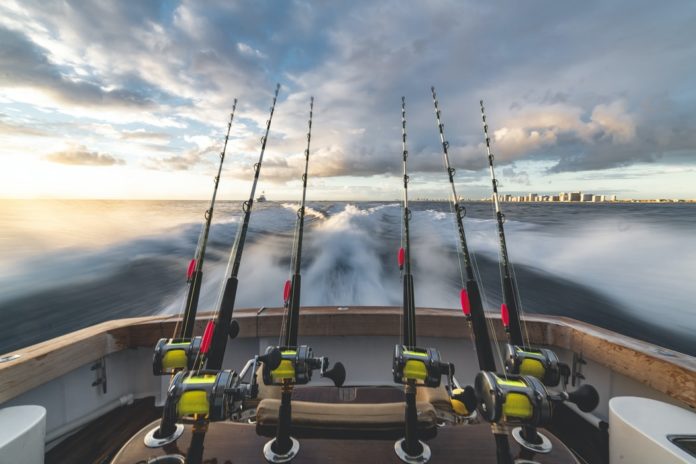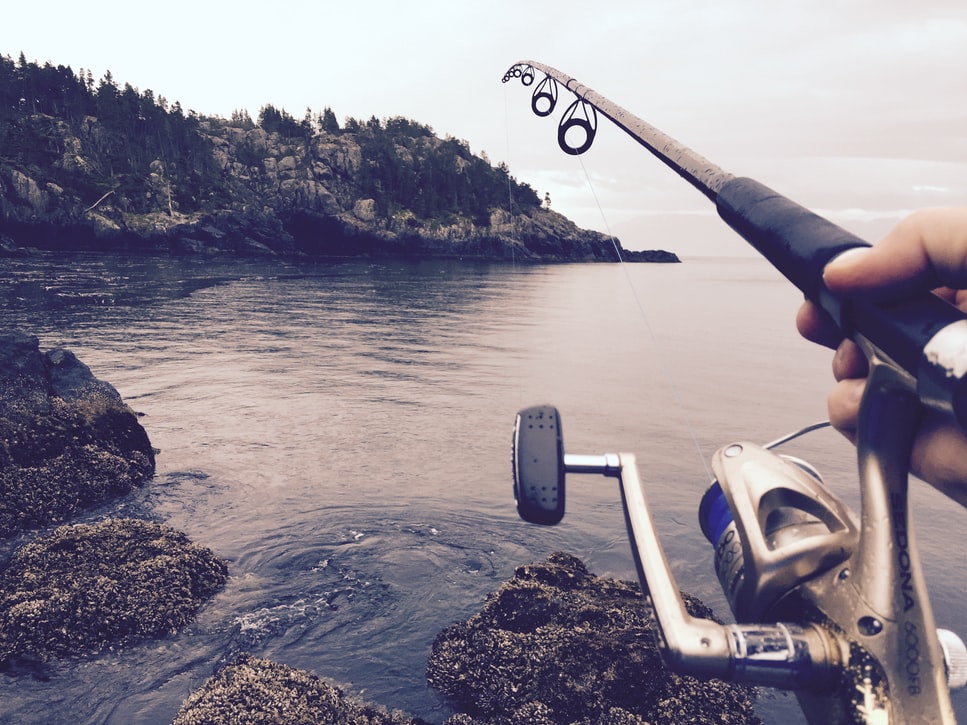Fishing is one of the oldest human activities and evidence of various fishing practices dates back to ancient times. The main types of modern fishing are commercial, recreational, and sport fishing. Recreational fishing is practiced basically for the pure pleasure of catching fish. However, it is also defined and regulated by specific laws, conventions, and licensing restrictions.
The development of recreational fishing has allowed passionate fishermen to explore various destinations and search for new fishing adventures. At the same time, international fishing implies following specific regulations for each location, as well as an untold moral code of ethics.
Know and Respect the Fishing Regulations in Your Area
Besides the international laws and conventions that regulate recreational fishing, it’s essential to know the specific regulations in the country or location we are visiting. Don’t make the mistake of thinking that all restrictions apply everywhere. In the U.S., fishing regulations vary from state to state, which means that if you intend to fish in Colorado, you must be familiar with the fishing regulations in Colorado.
Before heading out on your boat, review the national fishing regulations and make sure you have your fishing license with you. These laws are important for protecting the fish and you should follow them accordingly.
For example, you should know if live bait is allowed in that specific area and only use the type of bait that is permitted.
Keep in mind that respect for the habitat is essential and one of the rules you should follow is to not use any type of bait that is not specific to that body of water because it might have a negative impact on the ecosystem.
Also, you should know how many fish you are legally permitted to keep.
Respect the Other Anglers
Especially when you are in a new, unfamiliar location, it is very important to show respect for the local anglers, as well as for the ones who are foreigners like yourself. An essential part of fishing is tolerating and showing the proper respect for each other. Make sure there is enough space between you and other anglers so that lines don’t get tangled.
If there are other anglers present at the time you arrive, respect the position and location they have chosen and don’t try to interfere. If you consider that it might be too crowded, simply try again later or come back on a different day. Particularly in international waters and popular fishing destinations, having a personal fishing spot is not a good idea.
Maintain Cleanliness and Respect the Natural Habitat
The golden rule is that after you leave, the fishing area should remain as clean as it was when you arrived, or better. Plastic waste in natural habitats is already a huge problem, and fishermen have the responsibility to treat natural resources with respect. Don’t leave any of your fishing tools and accessories laying around.
Don’t leave behind any type of personal waste, such as food leftovers or any kind of plastic items, and don’t dump anything into the water. Natural resources will only be there for us if we allow them to regenerate. Spawning fish should not be disturbed at all. It’s essential to respect fishing seasons.
Make as Less Noise as Possible
When you are fishing in a foreign location or in international waters, the rule of silence is essential. Tourists and beginners need to respect this principle and not make too much noise that would disturb the other anglers that are present. Try to move quietly, handle objects with care and try your best to avoid any noise that could scare the fish.







